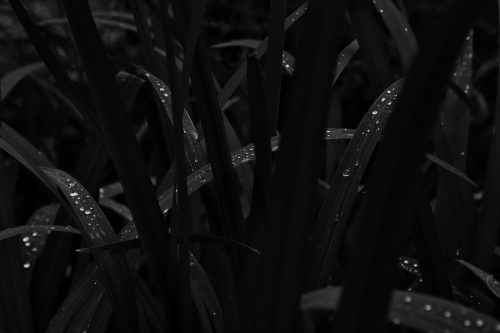“Everything I’ve ever let go of has claw marks on it.”
—David Foster Wallace
A sunset is beautiful, but it lasts only so long. Once it’s over, it’s over.
In time, perfection is tainted by life’s beautiful blemishes, and every perfectionist dies a thousand deaths. We often look at the things we enjoy—the relationships, the experiences, the possessions—and we want to hold on to them forever. We expect that these things will continue to add the same value to our lives, day in and day out.
But life does not work this way. Not everything that adds value today will add value tomorrow.
This is particularly evident within our material possessions. Each time we purchase a sparkling new thingamabob, we bask in the light of its potential, excited by the initial value the new object brings to our lives. Over time, though, the value wanes, the glossy newness wears off, and our excitement abruptly dissipates.
When that possession stops adding value, however, what do we do? Do we ask ourselves why? Do we donate it or sell it or question why we purchased it in the first place?
Not usually.
Often, once the dullness sets in, we let our effects gather dust or wither away in boxes in our basements, closets, and junk drawers. Out of sight, out of mind.
And but then the only way to reclaim the missing value is to find another thingamajig that is shiny and exciting and new. This cycle is a dangerous downward spiral, a vortex of consumption in which we’re constantly looking for that next nugget of excitement, that next burst of euphoria, that cocaine high that doesn’t last but a few feet past the cash register.
Thankfully, there are at least two ways to break this vicious cycle.
First, we must question our new purchases. Of course there’s nothing inherently wrong with material possessions. What’s wrong is the idea that material possessions will bring lasting joy and contentment. They won’t. Instead, we must ask, Will this thing add value to my life? and Is this thing still adding value to my life? This kind of intentional living, when done consistently, will form lasting, empowering habits.
Second, we must be willing to let go. We should let go of superfluous excess in our lives, starting with the dusty belongings inhabiting every nook and cranny and dark corner of our homes, eventually moving on to the more difficult things no longer adding value to our lives: sentimental items, unnecessarily large homes, the American Dream, extra cars, shitty relationships.
Ultimately, we must learn to let go. To do so, acceptance is the key. We needn’t settle, but we all have a reality we must accept. As much as we might want to, we’ll never be able to hold on to a sunset. Likewise, we can’t retain every thing and still lead meaningful lives. Life is fulfilling only when we allow ourselves to let go, when we allow ourselves to be in the moment, when we allow ourselves to feel the moment. After all, this moment is life’s only true reality.

